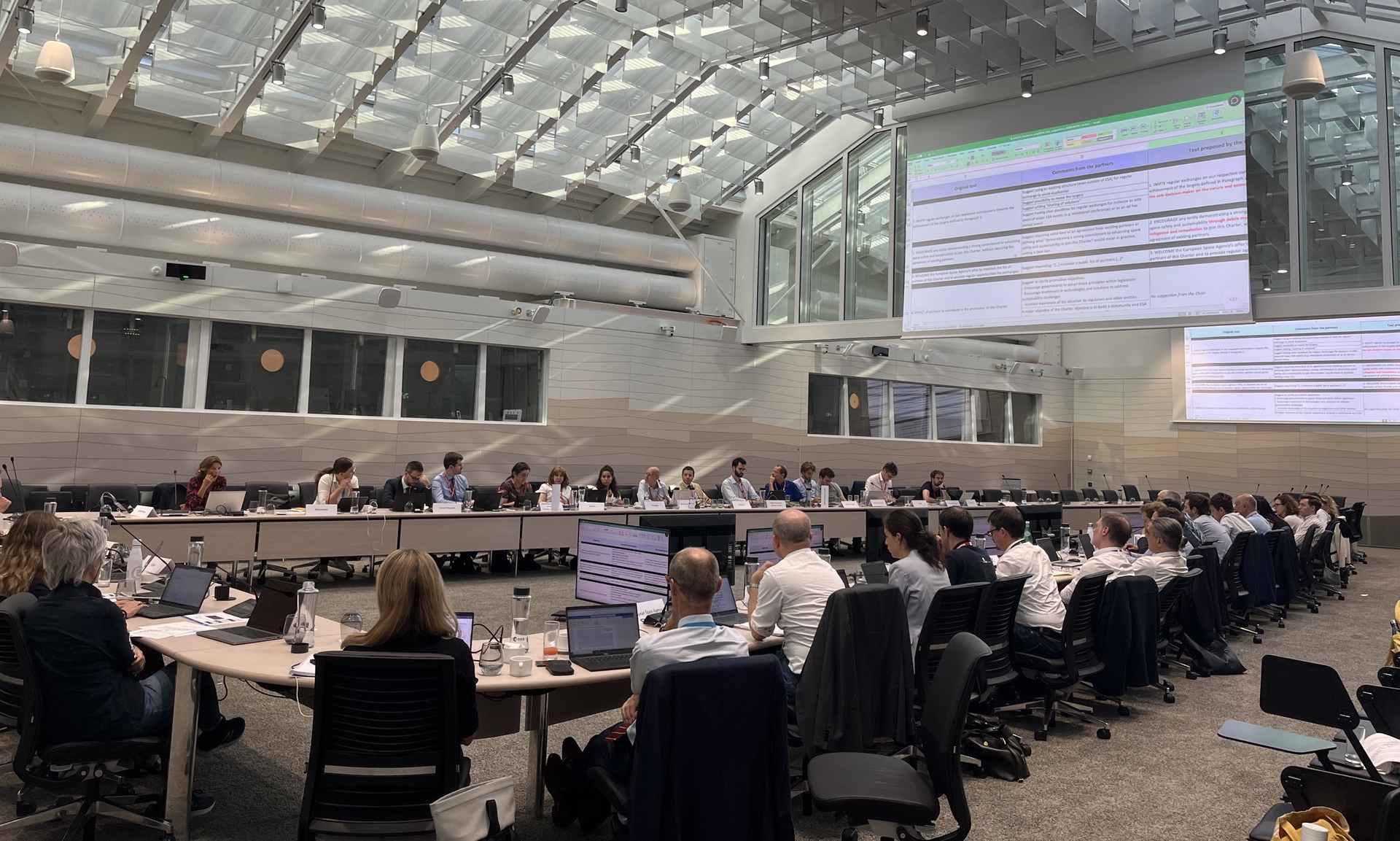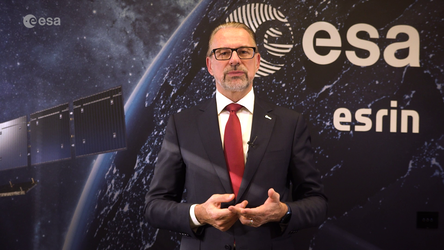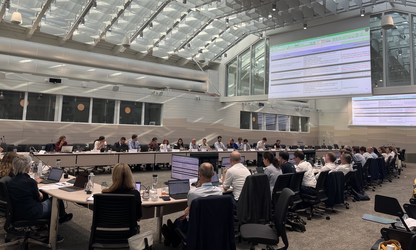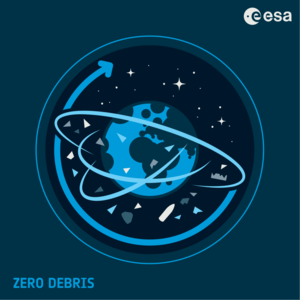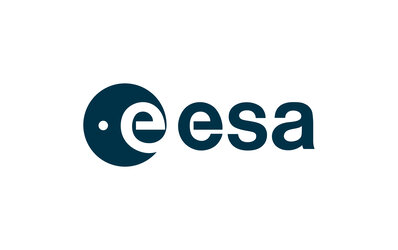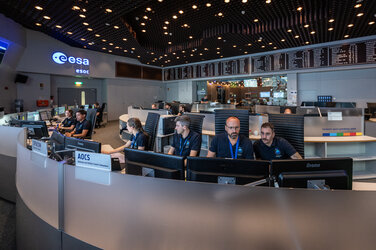The Zero Debris Charter
At the Ministerial Conference of 2022, ESA was encouraged by its Member States to implement “a Zero Debris approach for its missions; and to encourage partners and other actors to pursue similar paths, thereby collectively putting Europe at the forefront of sustainability on Earth and in space, while preserving the competitiveness of its industry”.
The Zero Debris approach is ESA's profound and ambitious revision of its internal space debris mitigation requirements that builds on more than a decade of ESA-wide collaborative work and will drive the development of technologies required for no more debris to be left in orbit by 2030.
The Zero Debris Charter, in addition, is a community-driven and community-building document and initiative for the global space community. Facilitated by ESA’s ‘Protection of Space Assets’ Accelerator – find out more about all the Accelerators – and created and written by 40 space actors, the Charter contains both high-level guiding principles and specific, jointly defined targets to get to Zero Debris by 2030.

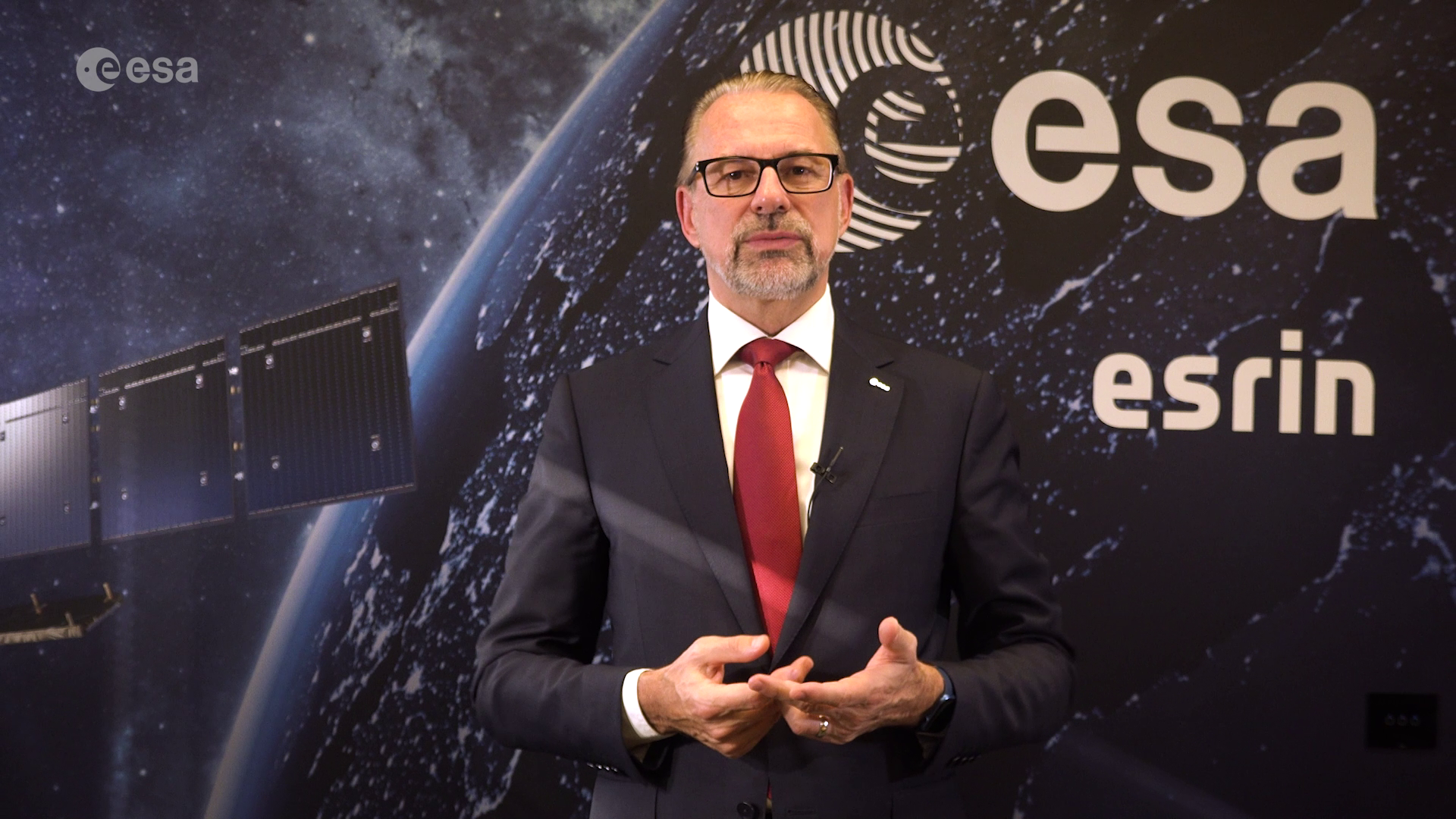
Access the video
The initiative was announced at the Paris Air Show in June 2023 by ESA Director General Josef Aschbacher along with senior executives from Airbus Defence and Space, OHB and Thales Alenia Space, who recognised ESA’s Zero Debris approach as a meaningful contribution towards space safety and sustainability and announced their company’s participation in the co-development of the Zero Debris Charter.
Why is the Zero Debris Charter needed?
Satellites in orbit underpin our modern lives. They are used for space science, Earth observation, meteorology, climate research, telecommunication, navigation and much more.
But swirling fragments of past space endeavours are trapped in orbit around Earth, threatening our future in space. Over time, the number and mass of these debris objects grow steadily, boosting the risk to active satellites.
More satellites were launched in the last few years than the entire six decades of space exploration. 130 million pieces of space debris larger than a millimetre orbit Earth, threatening satellites now and in the future. Once a week, a satellite or rocket body reenters uncontrolled through our atmosphere. Behaviours in space have to change.
The Zero Debris Charter is written by and for the global space community with the aim of shaping the global consensus on space sustainability. By gathering a wide and varied array of space entities to define ambitious and measurable space debris mitigation and remediation targets for 2030, the Zero Debris Charter has already:
- Built a diverse community of actors in Europe and beyond, committed to further advancing space safety and sustainability, including industrial players of all sizes, government agencies, international organisations, universities and research centres, non-profit foundations and more.
- Developed a precise and common vision of space sustainability for 2030 – combining far-reaching guiding principles and highly ambitious yet realistic technical targets on which to build an ambitious Zero Debris roadmap, driving global space debris mitigation and remediation efforts.
How the Charter was written
During the Zero Debris Charter initiative’s kick-off webinar on 10 July 2023, ESA proposed a ‘draft zero’. During a two-month period over July-August 2023, approximately 200 comments were received from Europe and beyond.
From this, four co-development workshops were held in Paris on 4 September, online on 19 and 29 September and at ESA's ESTEC Technical Heart in the Netherlands on 16 October. On average, 35 organisations were represented and active during the workshops.
ESA was represented during the workshops by its Head of Space Safety, Holger Krag, who was only one voice among many, and Quentin Verspieren, ESA's Protect Accelerator Coordinator, acted as independent chair.
Importantly, the Zero Debris Charter is neither ‘owned’ by ESA nor was written by ESA but is the result of an open and collaborative process. Participation was not restricted to European space actors, making it a truly global endeavour.
Join the Zero Debris Community
As written in paragraph 3.2 of the Charter, “any entity demonstrating a strong commitment to advancing space safety and sustainability” can sign the Charter and join the Zero Debris Community, “without requiring the agreement of existing partners”.
Want to sign up to the Zero Debris Charter? Register your intent now. Signing ceremonies will take place in the first half of 2024.
For questions on joining the Charter, contact Quentin Verspieren, Protect Accelerator Coordinator at quentin.verspieren@esa.int.


